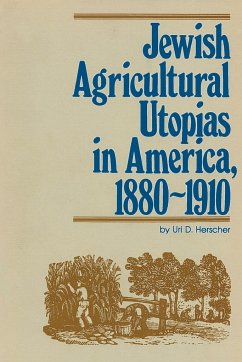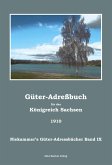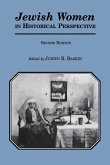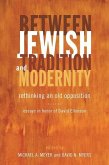Brook Farm, Oneida, Amana, and Nauvoo are familiar names in American history. Far less familiar are New Odessa, Bethlehem-Jehudah, Cotopaxi, and Alliance-the Brook Farms and Oneidas of the Jewish people in North America. The wealthy, westernized leaders of late nineteenth-century American Jewry and a member of the immigrating Russian Jews shared an eagerness to "repeal" the lengthy socioeconomic history in which European Jews were confined to petty commerce and denied agricultural experience. A small group of immigrant Jews chose to ignore urbanization and industrialization, defy the depression afflicting agriculture in the late 1800s, and devote themselves to experiments in collective farming in America.
Hinweis: Dieser Artikel kann nur an eine deutsche Lieferadresse ausgeliefert werden.
Hinweis: Dieser Artikel kann nur an eine deutsche Lieferadresse ausgeliefert werden.







